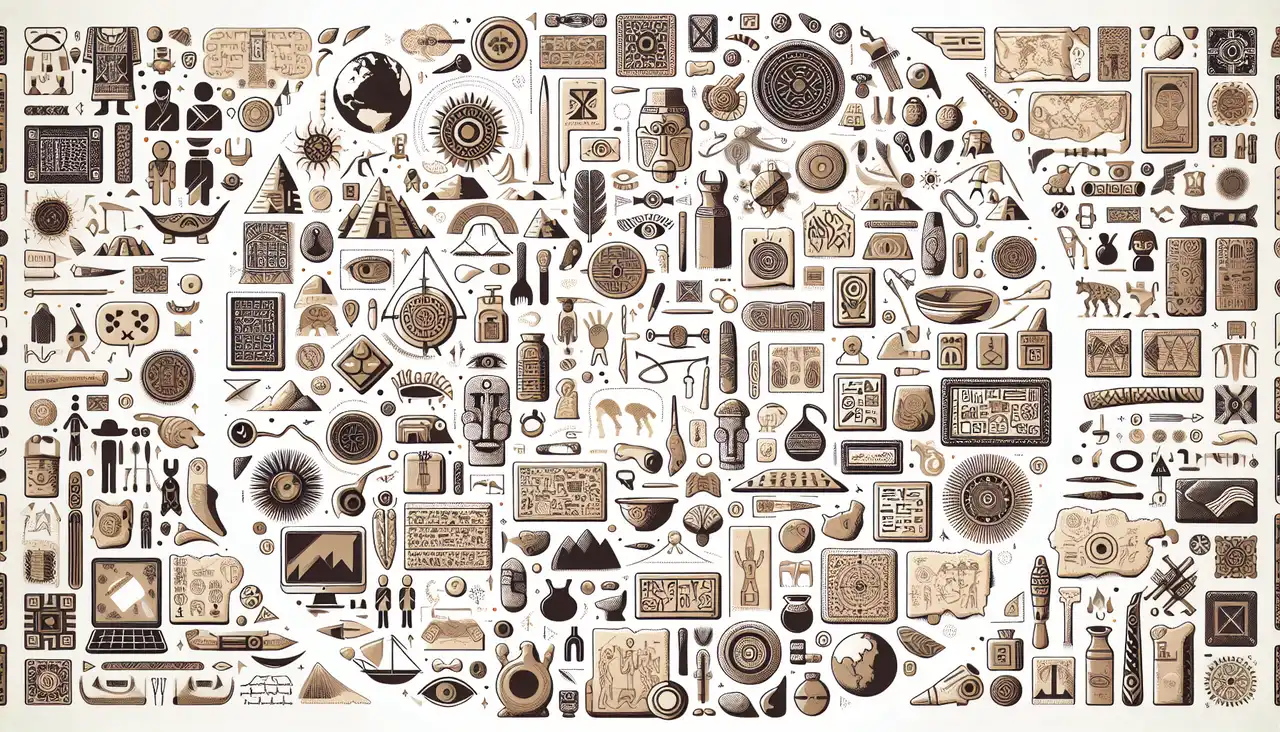
Arvind Narayanan

Janet Vertesi

Prateek Mittal

Kevin Deas







The University of Notre Dame du Lac, known simply as Notre Dame (NOH-tər-DAYM; ND), is a private Catholic research university in Notre Dame, Indiana, north of the city of South Bend. French priest Edward Sorin founded the school in 1842. The main campus covers 1,261 acres (510 ha) in a suburban setting and contains landmarks such as the Golden Dome, the Word of Life mural, Notre Dame Stadium, and the Basilica. Originally for men, the university did not formally accept undergraduate female students until 1972.

The University of Notre Dame's Department of Anthropology in Notre Dame, Indiana, offers a comprehensive exploration of human life across diverse cultures and time periods. The department provides undergraduate and graduate programs built upon the traditional four subfields: sociocultural anthropology, archaeology, biological anthropology, and linguistic anthropology. Emphasizing an integrative approach, the curriculum fosters a holistic understanding of humanity, bridging scientific and humanistic perspectives. Faculty and students engage in research addressing critical global issues, particularly within areas like the movement of peoples, health and well-being, and environment and culture. This rigorous training equips students with essential skills like critical thinking, cross-cultural understanding, and data analysis, preparing them for a wide range of careers and further study.
View Anthropology